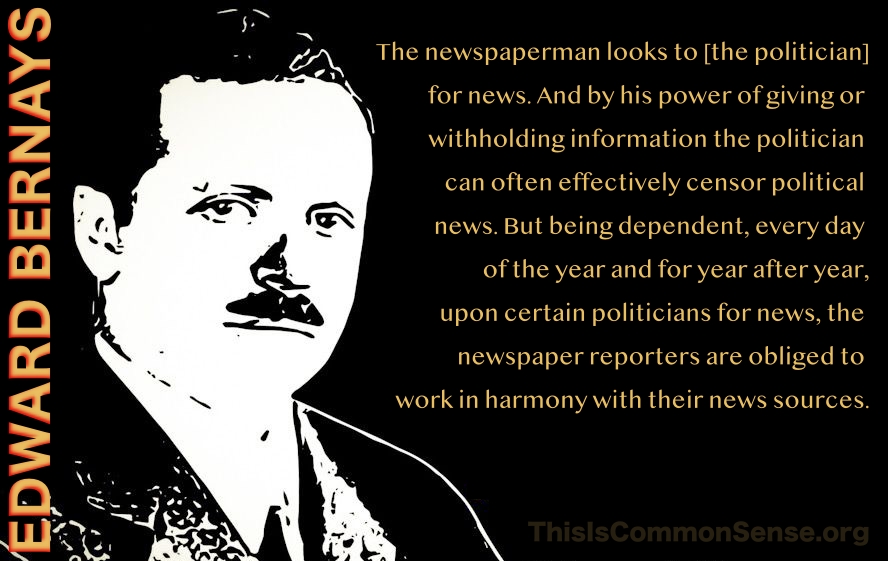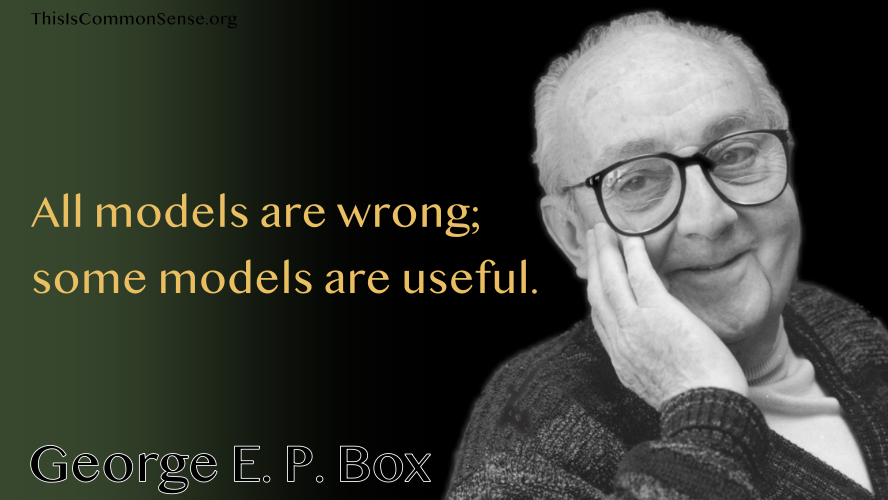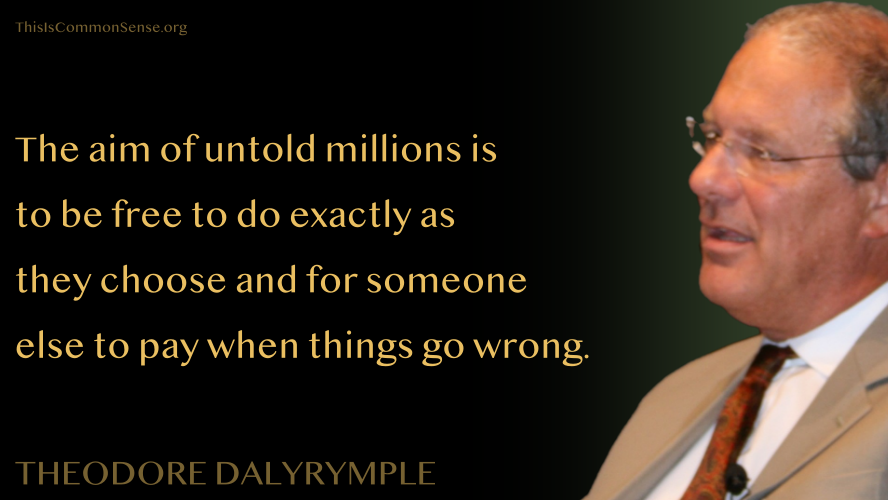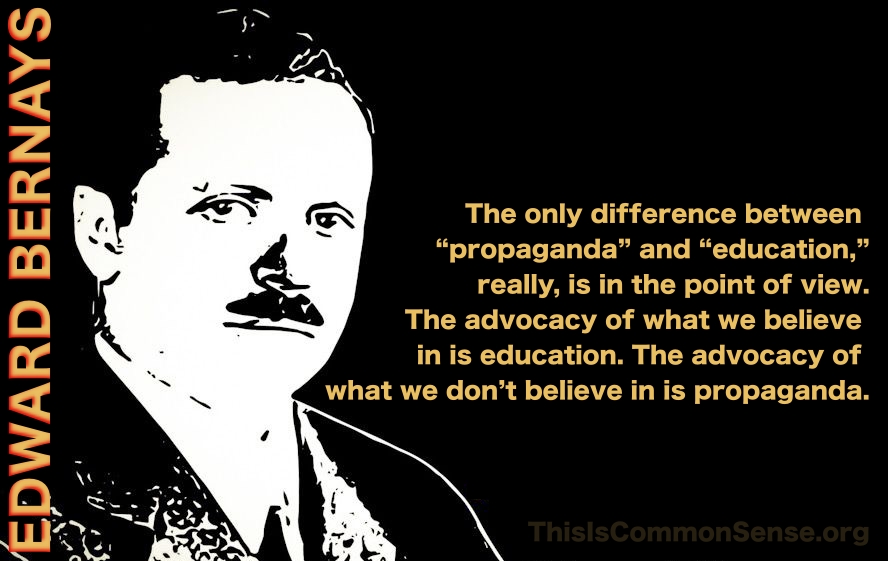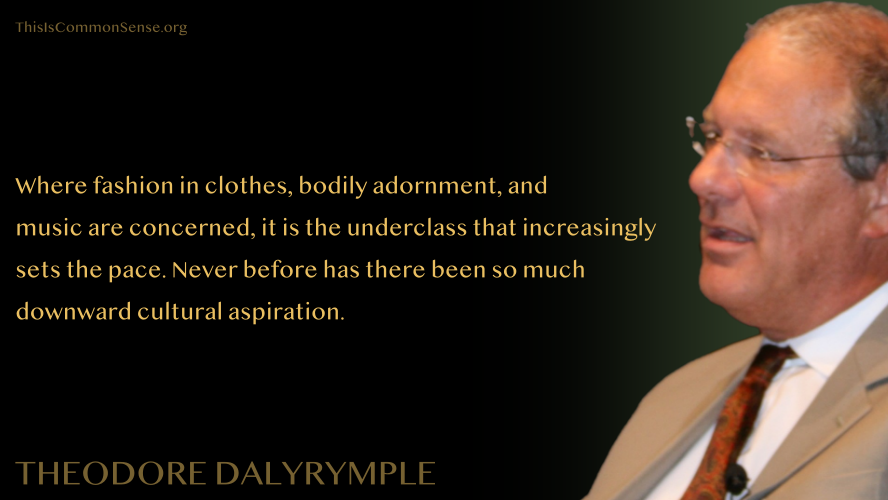One reason, perhaps, why the politician today is slow to take up methods which are a commonplace in business life is that he has such ready entry to the media of communication on which his power depends.
Edward Bernays, Propaganda (1928).
The newspaperman looks to him for news. And by his power of giving or withholding information the politician can often effectively censor political news. But being dependent, every day of the year and for year after year, upon certain politicians for news, the newspaper reporters are obliged to work in harmony with their news sources.
Edward Bernays
